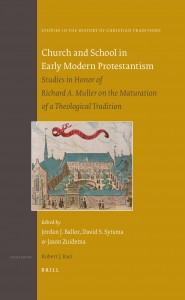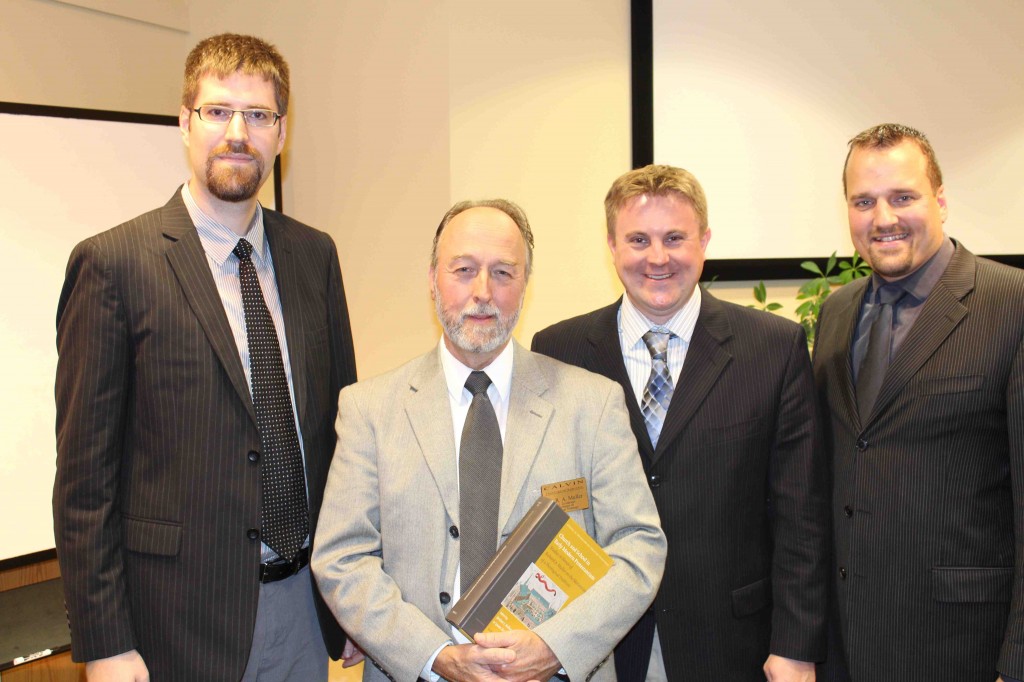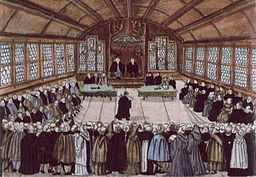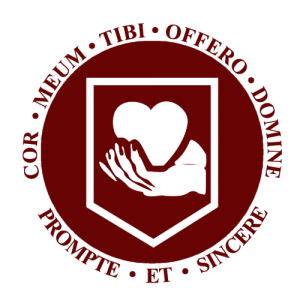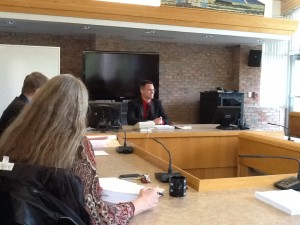Todd Rester, the director of the Junius Institute, introduces the institute and our new digitization initiative over at the Calvin Seminary website. Click through for the whole thing, but here’s a snippet:
How do you make rare 16th century theological treasures available to students and scholars in the twenty first century? The innovative answer at the Junius Institute for Digital Reformation Research (www.juniusinstitute.org) sounds like the whir of a robot, the click of a camera, and the rustle of 1,500 pages an hour.
The Junius Institute for Digital Reformation Research is a new institute at Calvin Theological Seminary. This institute is dedicated to the preservation and presentation of rare works from the Reformation and post-Reformation era to students and scholars at home and abroad. The hum of these mechanized sounds emanate from an automated book scanner designed by one of the doctoral candidates at Calvin Theological Seminary, Todd Rester, who is also the director of the Junius Institute. “We have an opportunity to present and preserve the rare book holdings of the Hekman Library and the Meeter Center for Calvin Studies in a cost-effective and digital way to make a global impact.”
Todd will be posting more details soon on our proposed plan to digitize a first selection of items from the Hekman Library rare book collection and the holdings of the Meeter Center. But in the meantime, you can also view our digitization project page to see some of the very first works we have digitized.
For more information on the development of the Junius Institute, and ways to support our work, please read this letter from our director.


